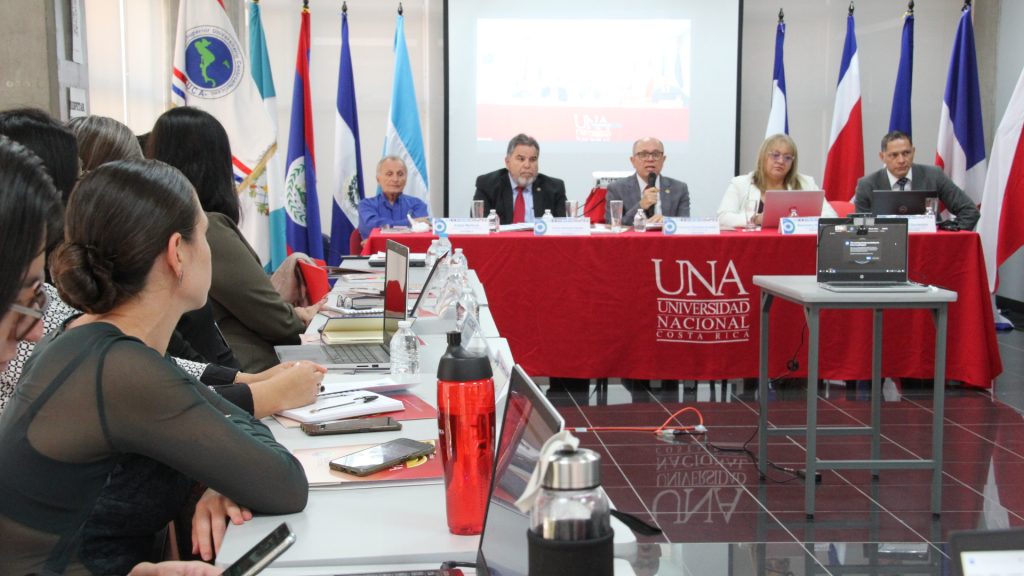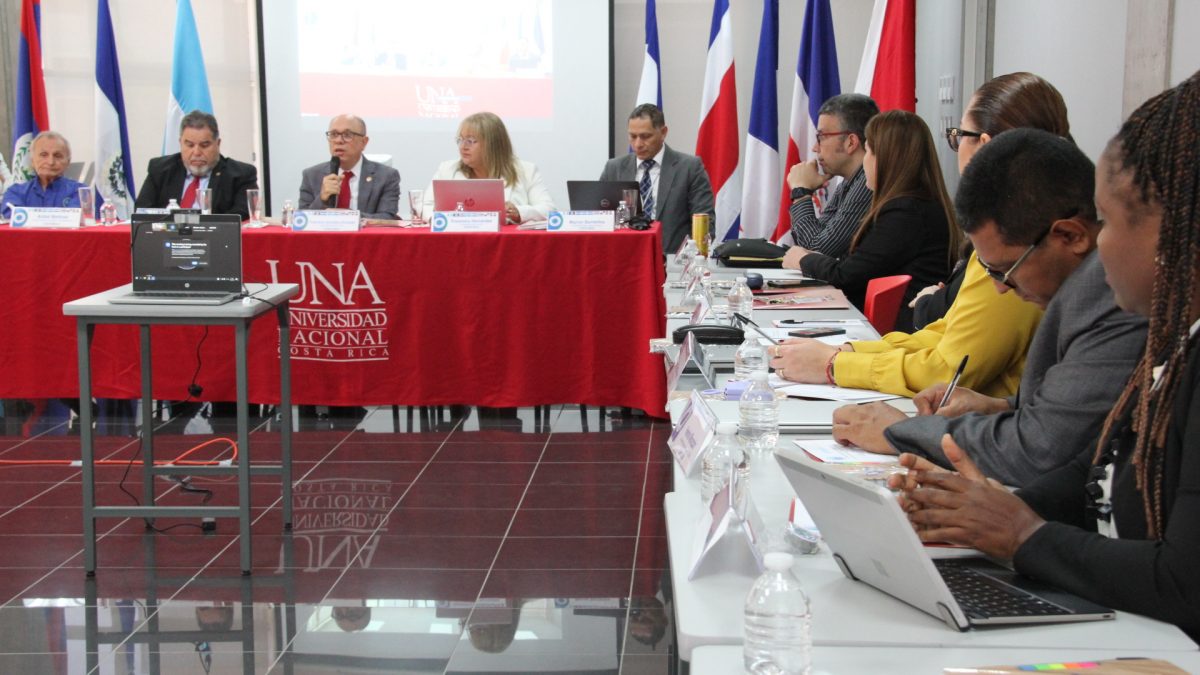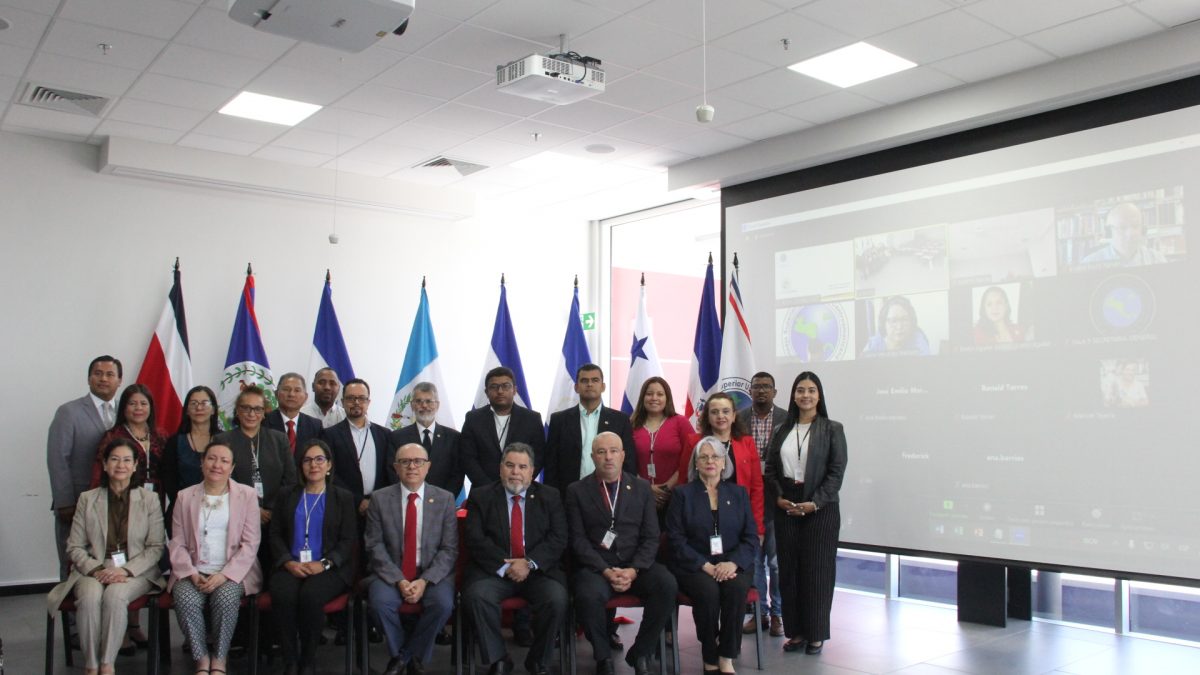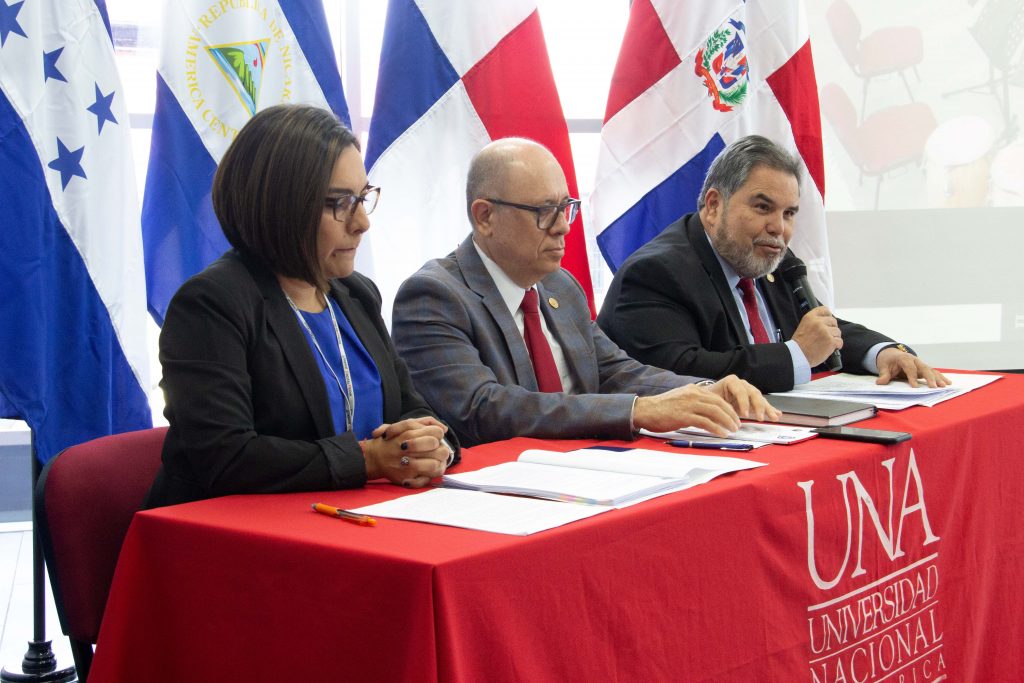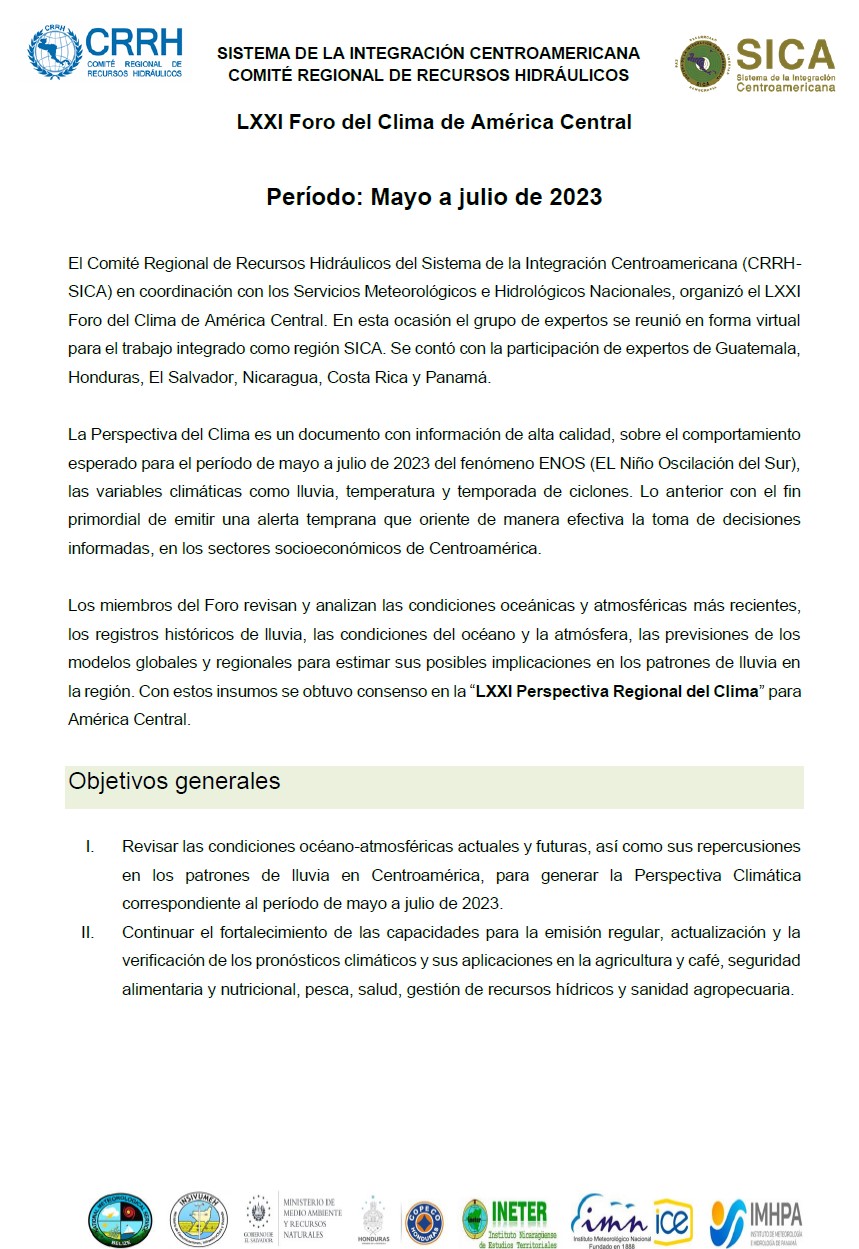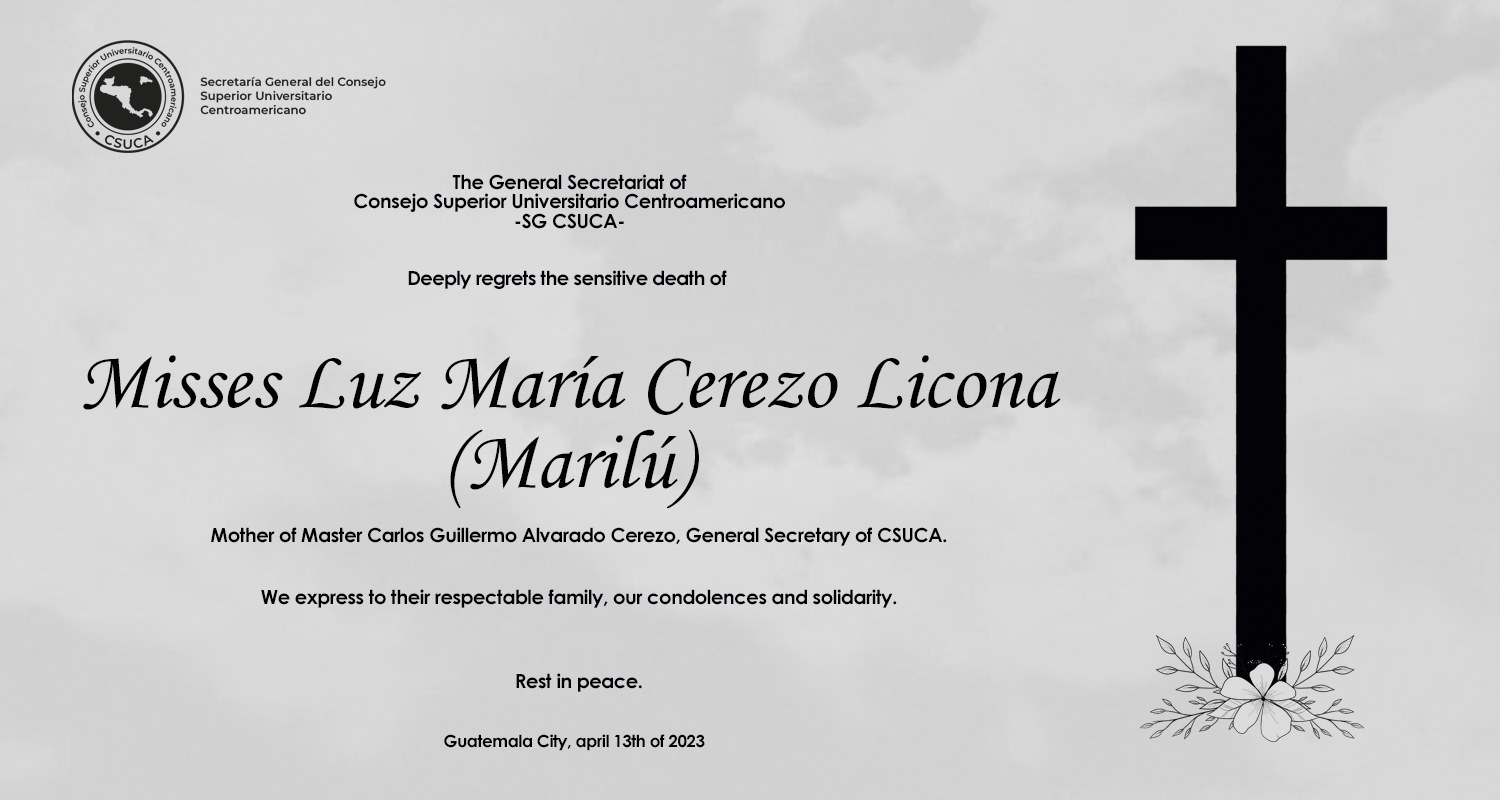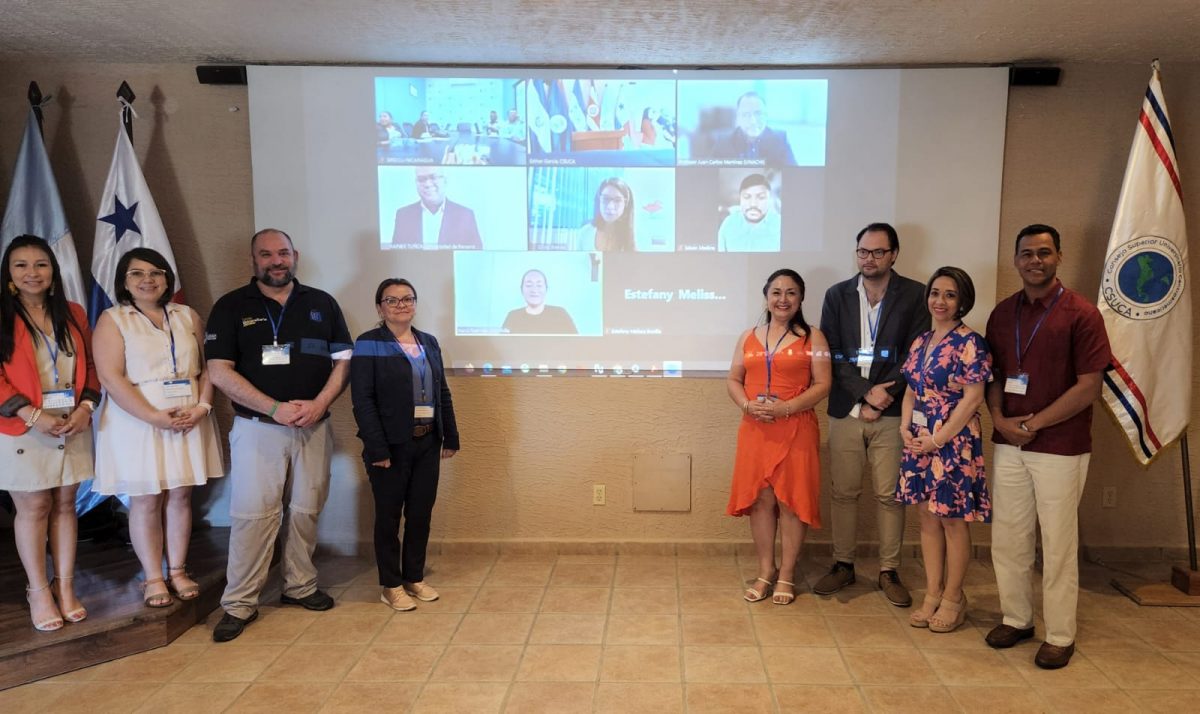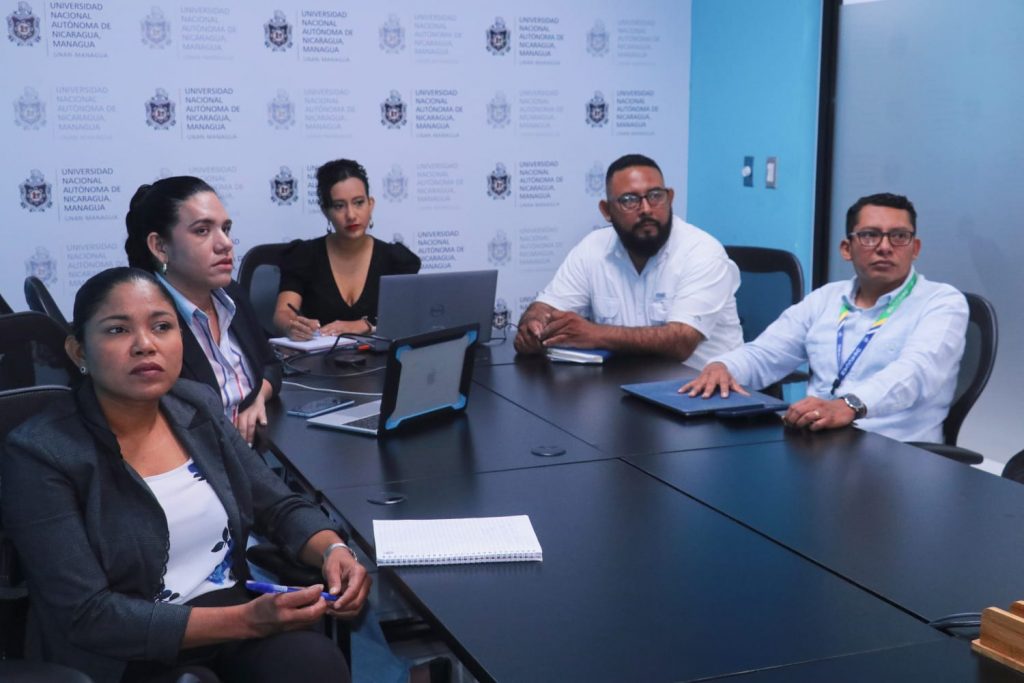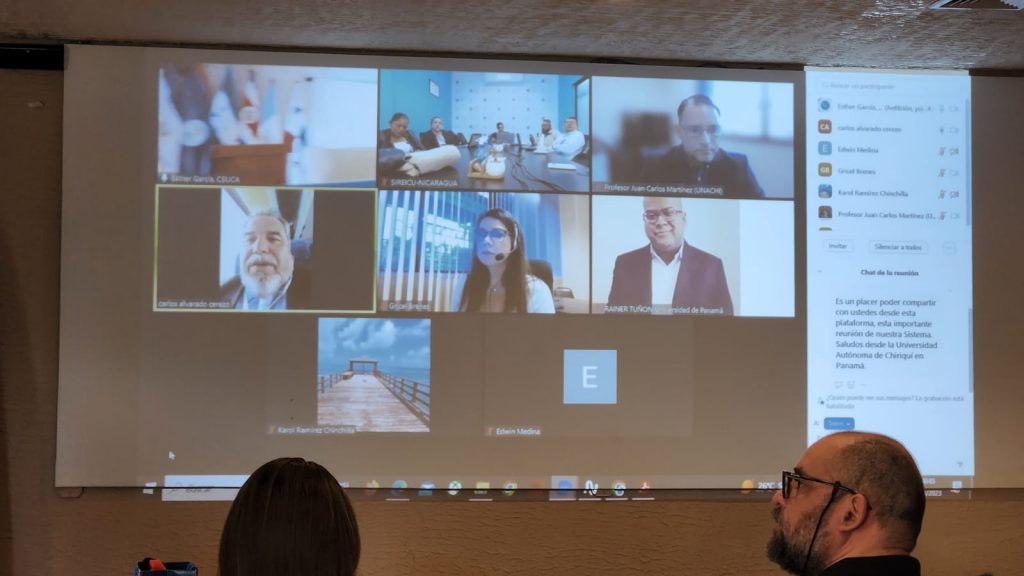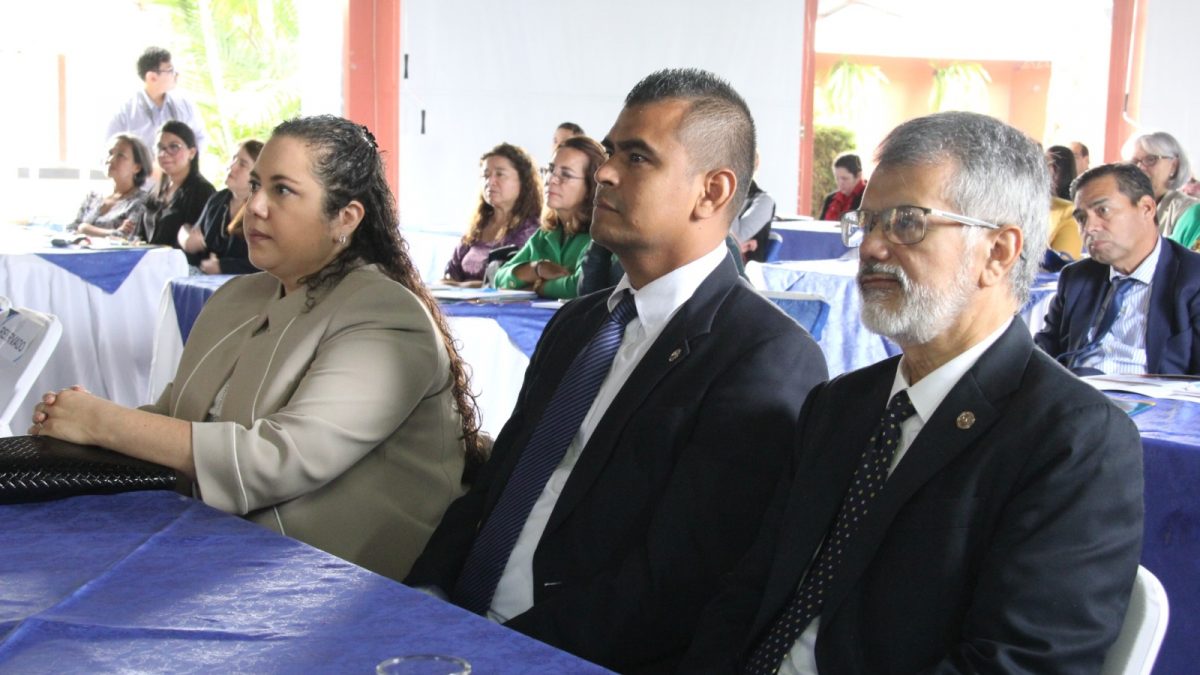San Pablo de Heredia, Costa Rica, April 19, 2023
Los días 19 y 20 de abril darán lugar al desarrollo de la 20 sesión ordinaria del Sistema de Internacionalización de la Educación Superior -SIESCA-, actividad a realizarse en modalidad híbrida, con presencialidad en el Campus El Higuerón en San Pablo Heredia, de la Universidad Nacional de Costa Rica.
El SIESCA es el órgano de la Confederación Universitaria Centroamericana que impulsa la institucionalización de la internacionalización como un instrumento estratégico para promover la calidad de las universidades miembros del CSUCA, y así, contribuir a la formación de competencias internacionales de sus graduados.
Con palabras de Francisco Gonzáles, Rector de la Universidad Nacional de Costa Rica -UNA- y Presidente de CSUCA, fue aperturada la sesión, espacio en el que reflexiono sobre la historia de la región y el marco en el que se logró la creación de la UNA, “Es importante repasar sobre los orígenes de nuestra institución, recordando que nacimos a la vida pública y cultural en 1973, con un contexto centroamericano sufrido en conflictos, lo que hoy es motivo de reflexión, ya que los retos que tenemos son de magnitudes amplias a lo que nos acobijo al momento en que la universidad abrió sus puertas”
Por su parte, Carlos Alvarado, Secretario General de CSUCA señaló “En lo que respecta a la globalización, la internacionalización de la educación superior es considerada un factor que puede contribuir a la implementación de estándares internacionales que promueven el mejoramiento continuo, la pertinencia, la formación de talento humano competente a nivel internacional”
Mientras que Maynor Barrientos, Coordinador de SIESCA indico “Este es un espacio para dar continuidad a los objetivos estratégicos del programa 5, del PIRESC V, los cuales competen al área de internacionalización, retos y desafíos que tenemos como región y los cuales hemos abordado desde el año 2021, momento en que fue aprobado el PIRESC”.
Rosemary Hernández, Directora de la Oficina de Asuntos Internacionales y Cooperación Externa de la UNA -AICE-, expreso “Tenemos que pensar en una internacionalización que permita identificar el aporte que como región podemos dar al conocimiento, a los saberes y a la ciencia, desde una perspectiva crítica y humanista”.
Dentro de las actividades a desarrollar en la 20 sesión, se encuentra la presentación sobre el Congreso de las Américas sobre Educación Internacional -CAEI- a cargo de David Julien, Secretario Ejecutivo de la Organización Universitaria Interamericana -OUI-, la conferencia Diplomacia Científica, por parte de Alejandro Morales Gutiérrez, jefe de la Sección de Cooperación Internacional de la Oficina de Asuntos Internacionales y Cooperación Externa de la Universidad de Costa Rica y el conversatorio sobre buenas prácticas para la internacionalización de la universidad en la era post pandemia.
Es importante destacar que la sesión ordinaria da lugar al trabajo según los grupos establecidos, referentes al programa 5 del Quinto Plan para la Integración Regional de la Educación Superior de Centroamérica y República Dominicana -PIRESC V-.
